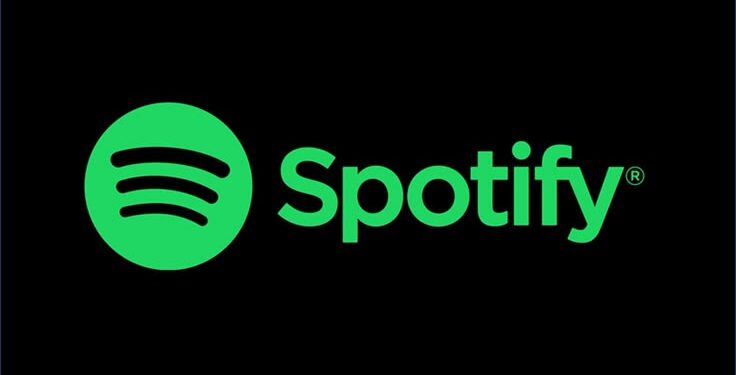After a decade-long relationship, I am parting ways with Spotify.
It’s not personal; it’s just that while both Spotify and I have matured, we haven’t grown in the same direction.
Over the years, I’ve contemplated leaving Spotify multiple times. I’ve been aware of the criticisms regarding the platform’s low streaming payouts for artists compared to its competitors, and I remember its role in promoting Joe Rogan’s podcast, which spread misinformation about COVID-19 and other health issues.
Additionally, Spotify’s attempts to undermine the RSS feed, limiting podcaster independence, have not gone unnoticed. Yet, I hesitated to explore alternatives to a platform I’ve relied on daily since high school.
It’s easy to ignore the shortcomings of the tech companies we subscribe to, even if they disappoint us. (For instance, I still recall Netflix’s layoffs affecting my industry colleagues, but I know I’ll end up watching the latest season of “Love is Blind.”)
We often feel our individual subscriptions don’t make a significant impact. For example, Duolingo continued to beat revenue estimates despite backlash over replacing contractors with AI.
However, Spotify finally affected me in a way I couldn’t ignore: the app’s overwhelming reliance on algorithmic recommendations became suffocating.
Navigating from the home page to the music I want is increasingly cluttered. I’m often met with unsolicited pop-ups promoting new podcasts, a grid of music and podcast suggestions, and sponsored recommendations for unfamiliar artists. The search tab even pushes audiobook suggestions and TikTok-style video clips.
While Spotify’s tailored playlists are convenient, I found myself listening to music it suggested rather than what I genuinely wanted. Without realizing it, I relinquished my choice.
My ethical concerns about Spotify also played a role in my decision. A January report from Duetti revealed that Spotify, valued at around $140 billion, pays approximately $3 per 1,000 streams, significantly less than Amazon Music, Apple Music, and YouTube.
Spotify further alienated some users when CEO Daniel Ek announced a $700 million investment in a company developing AI-enabled military weapons. In response, artists like Deerhoof and King Gizzard & the Lizard Wizard removed their catalogs from the platform in protest.
ICYMI: Mr Eazi: From Banku Music to a thriving business Empire—Exploring the Journey of ‘Africa’s Jay-Z’
This situation feels familiar; in 2022, Joni Mitchell and Neil Young pulled their music from Spotify over Rogan’s spread of medical misinformation, although they returned in 2024.
Perhaps my hesitation to leave Spotify stemmed from the difficulty of choosing a new streaming platform. However, tools like Soundiiz make it easy to transfer playlists between platforms.
Ultimately, I chose Apple Music, mainly because my new iPhone came with a three-month free trial, making the transition smoother. Plus, Apple Music offers lossless audio, a feature Spotify has promised for nearly five years.
I can’t claim to have left Spotify to support smaller companies when I’ve switched to another tech giant. I have my own ethical concerns about Apple too, even as I use my MacBook Pro, iPhone, AirPods, and Apple Watch.
At least Apple Music’s interface is less overwhelming than Spotify’s.
SOURCE: TECH CRUNCH



























